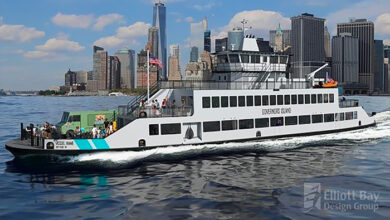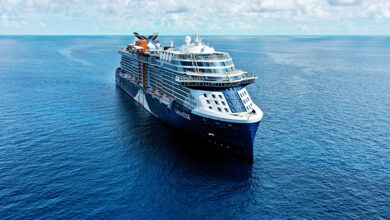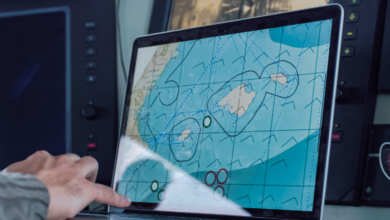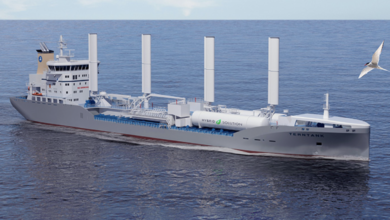Alphaliner.: MSC’s growth is unrivaled within container shipping
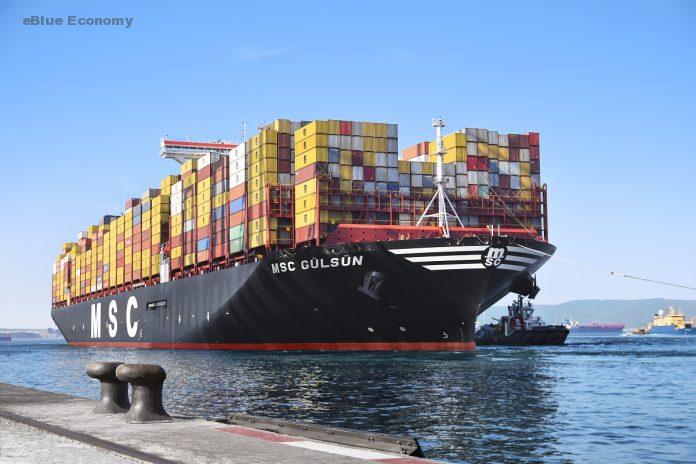
MSC Signs the UN Global Compact Sustainable Ocean Principles
While Cosco and Maersk, among others, have declined in regards to capacity, the world’s leading container carrier, MSC, is leaving its competitors way behind through major acquisitions of second-hand ships and a wide-ranging order book.
With sky-high freight rates and bottlenecks in many ports, available capacity was the scarce resource separating winners and losers in the container industry in the first half-year, reveals a new report by analyst firm Alphaliner.
While the overall container fleet only increased by 1.7% globally during the year’s first six months, four major box carriers nonetheless succeeded in increasing their capacity markedly


On the other hand, By signing the Sustainable Ocean Principles MSC reaffirms its commitment to ocean sustainability and the Sustainable Development Goals, including SDG 14 (Life below water).
As announced by the United Nations Global Compact at the UN Ocean Conference held this week in Lisbon, Portugal, MSC is pleased to join over 150 stakeholders in signing on to the UN Global Compact Sustainable Ocean Principles.
Building on and supplementing the Ten Principles of the UN Global Compact on human rights, labour, environment, and anti-corruption – which MSC has long supported and embedded across its operations – the Sustainable Ocean Principles provide a framework for responsible business practices across ocean sectors and geographies covering ocean health and productivity, governance and engagement and data and transparency.
The world depends on a healthy, productive, and resilient ocean for food security, climate mitigation, and economic livelihoods. Climate change, overfishing, pollution, and unsustainable and inequitable development are damaging the health of the ocean and seas.
A collaborative approach to healthy oceans
 As a world leader engaged in the shipping and logistics sector, MSC recognizes the collective responsibility of companies to assess their impact on the ocean, protect ocean health and take action on ocean sustainability, which for the company is both a strategic imperative and a key business priority.
As a world leader engaged in the shipping and logistics sector, MSC recognizes the collective responsibility of companies to assess their impact on the ocean, protect ocean health and take action on ocean sustainability, which for the company is both a strategic imperative and a key business priority.
Stefania Lallai, Vice President of Sustainability of MSC’s Cargo Division, said, “Oceans play a vital role in the health of our blue planet, producing half of the world’s oxygen as well as regulating our climate. By signing the Sustainable Ocean Principles, we are joining with other blue economy companies to help build a sustainable blue economy.”
As a member of the UNGC Ocean Stewardship Coalition and the Maritime Just Transition Task Force, MSC believes in working with a variety of partners to make an impact beyond its own operations.
These collaborative platforms form part of MSC’s Sustainability Roadmap in response to the rapidly evolving landscape and its efforts to address the complex set of global challenges the world faces today, leveraging strategic alliances across the maritime ecosystem to protect and restore the health of oceans.
Sanda Ojiambo, Assistant Secretary-General, and CEO of the United Nations Global Compact said, “This commitment by 150 blue economy companies shows the private sector’s willingness to support SDG 14. Healthy and productive oceans rely on all actors to do their part. I am encouraged that these companies are committed to integrating ocean health into their corporate strategies.”
The UN Ocean Conference and UN Decade of Ocean Science (2021-2030) serve as ongoing reminders of the importance of the maritime industry’s role in the health of our oceans and in enabling resilient and sustainable supply chains.





